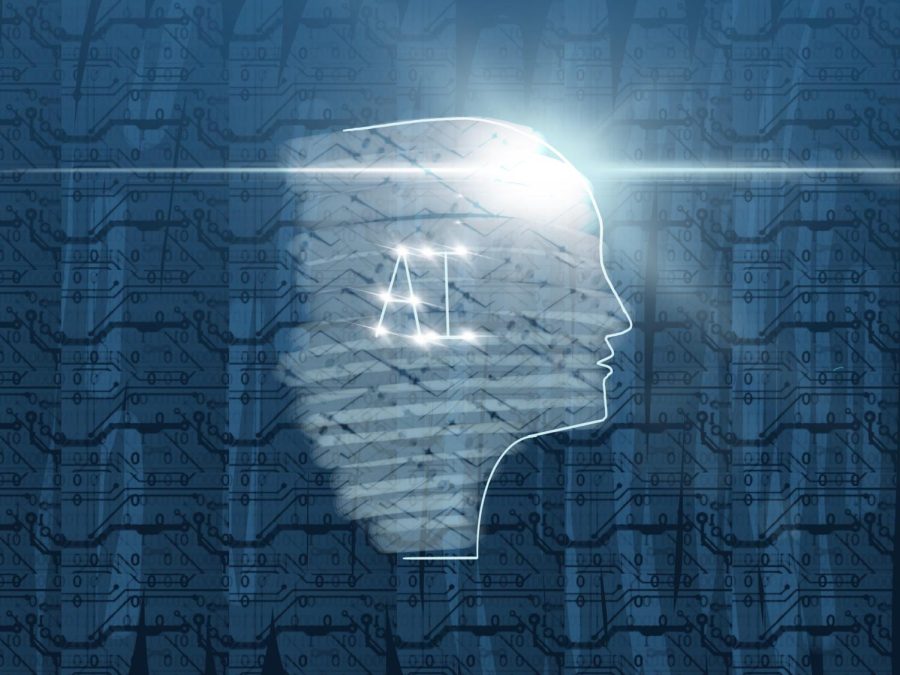AI asks, Are Humans Obsolete?
Picture by Jowail Mbarkeh
So what is “artificial intelligence,” and why should we care? It’s broadly defined as a computer system that can learn and adapt without explicit instructions, which allows the computer to imitate intelligent human behavior. For example, the words that automatically pop up when you are texting – predictions – are an example of a feature enabled by AI. This is possible because a computer has learned how humans speak by analyzing millions of texts, and it applies what it has learned to create various keywords and phrases.
So when you type a phrase like “I’m eating a ham,” the next word that automatically pops up would most likely be “sandwich.” This feature may seem commonplace, but what’s exciting and scary is that language features have evolved to the point that AI allows machines to carry out more than just texts, but fleshed-out conversations, seen through recent updates to Google or Alexa.
Every other day we read some new AI solutions in areas we would have never imagined: art, music, speech, medicine, law, etc. Several factors have contributed to the breakthroughs in AI in recent years.
One is the invention of a computer system called “neural networks,” which have features similar to the human brain that allows computers to analyze large amounts of data and learn to recognize patterns.
Second is the abundance of digital data that can be fed into a neural network system. This data is not limited to books, music, and pictures converted to digital form but also includes our behaviors while surfing the web, like the content we post, swipe, read and pause for any length of time.
Large-scale neural networks funded by big tech companies have processed all this data. They have developed AI algorithms that are very good at predicting and imitating human behavior. One of the results of all this research has been computers with language skills good enough to generate original sentences when given a prompt. These resulting sentences are so well-written that they cannot be distinguished from a professional human author.
Skeptics argue that AI can only blindly copy what is learned by recognizing patterns from works created by humans and that it will never evolve into anything that resembles human intelligence. However, I wonder if that accurately describes what AI can do. As students, we spend much of our time studying the works of others. Examples would be reading in English class, practicing problems in math class, and even forming hypotheses in the sciences. Isn’t all this so we can learn to recognize patterns in language, math equations, art history, and music so that someday, we can create something original? How is this different from what an AI program is doing? Of course, the big difference is that modern AI models have been provided with significantly more information than a human could ever learn in a lifetime.
Which leads to the following question: Why should I care about AI?
If you have career plans to be a graphics artist, I hope that recent advancements in AI-generated media may make you rethink whether the field will even be accessible in the coming years. If you want to be a news reporter, look at JasperAI, which can create original content instantly. If you think you will be writing the next hit song, an AI program called Jukebox may beat you to it. Whatever your passion and career goals are, there will likely be an AI program that can do it better, faster, and cheaper.
The AI programs and capabilities mentioned are the realities we face now or will become mainstream in just a few years. In this new world, we students should all pause and consider our role in modern-day society because AI is already here and will only keep improving!

Hey there, Royals! My name is Aaron Limb, and I am so excited to serve as The Ubiquity’s Editor-in-Chief for the 2024 - 2025 school year! Just a little...

Hello readers! My name is Jowail Mbarkeh, and I’m a senior at QHHS. This is my first year on the Ubiquity staff, and I'm already amazed at all the work...








